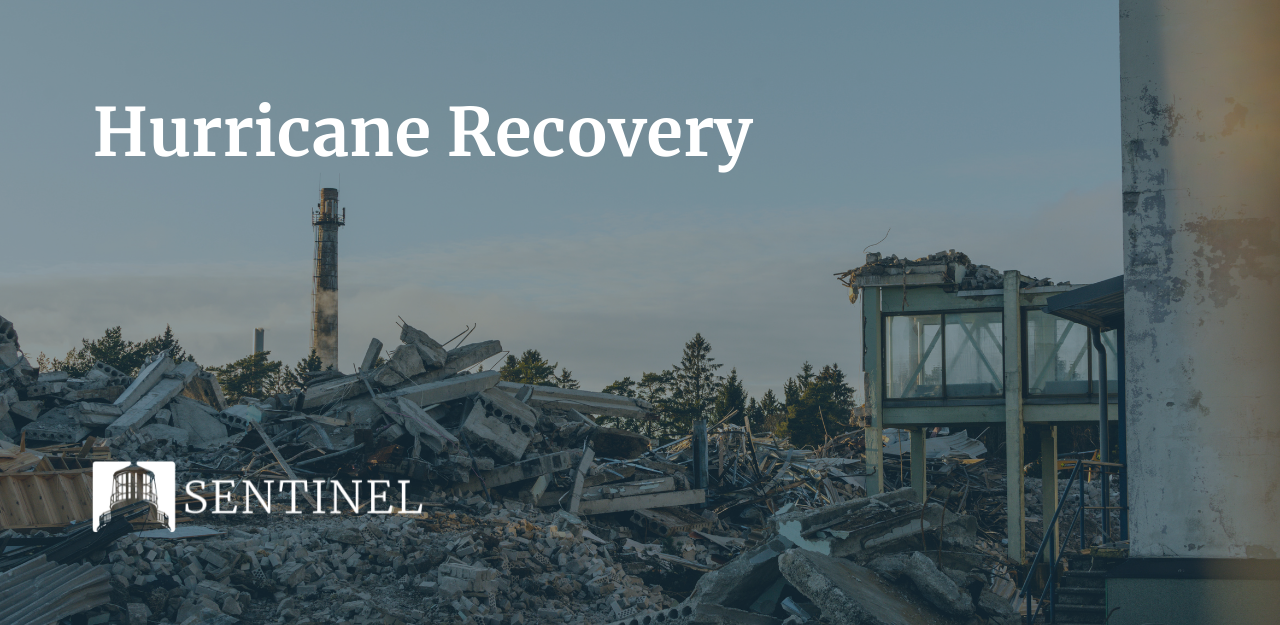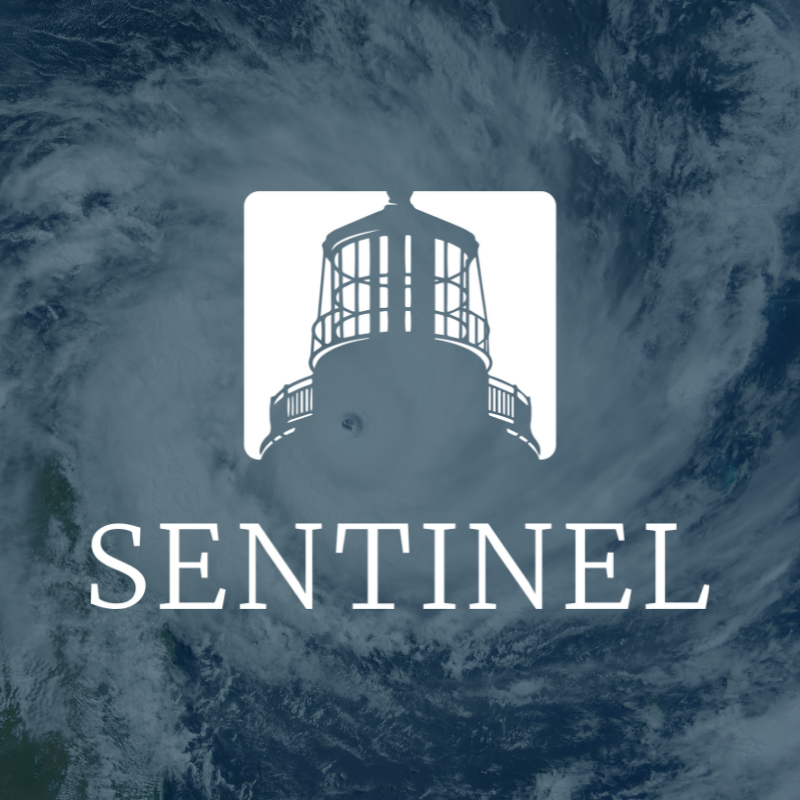HURRICANE RECOVERY
In the aftermath of a hurricane, you and your business will likely have to deal with water damage, persistent flooding, and damaged utilities. And, even if you aren’t directly impacted by a hurricane, any disruptions to your employees, third-party vendors, or customers can still have a severe impact. While your priority should be to ensure the safety of your employees and other stakeholders, these recovery steps can keep your business safe after a hurricane passes:
RECOVERY STEPS
- Contact your insurance provider(s) to start the claims process.
- Assess damage: Make note of any structural damage to building(s). Note any damage to equipment, machinery, or company vehicles. Note any lost or damaged inventory (both materials for business use and products for sale).
- As they come to your attention, compile a list of concerns that must be addressed before you are able to reopen.
- Contact employees, suppliers and customers to inform them of any disruptions in operation and an anticipated date when they can expect it to resume.
- If you have concerns that damage to a building could pose a safety hazard to employees or customers, have the building professionally inspected.
- Secure the building while repairs are being made or if relocation of business activity is necessary.
- Ensure utilities are restored and in safe working order before resuming business operations.
- Properly repair and clean your facility to ensure the environment is free of any safety hazards before resuming business operations.
FINANCIAL CONSIDERATIONS
- File a claim with your business interruption insurance provider.
- Compile the following information to share with your insurance adjuster: Sales records and history. Profits and loss statements, or income tax forms
- Consider any financial responsibilities you may have, such as payroll or scheduled payments to creditors.
- Keep detailed records of all expenses incurred during the recovery process.
This checklist is merely a guideline. It is neither meant to be exhaustive nor meant to be construed as legal advice. It does not address all potential compliance issues with federal, provincial, or local standards. Consult your licensed commercial property and casualty representative at Sentinel or legal counsel to address possible compliance requirements.


